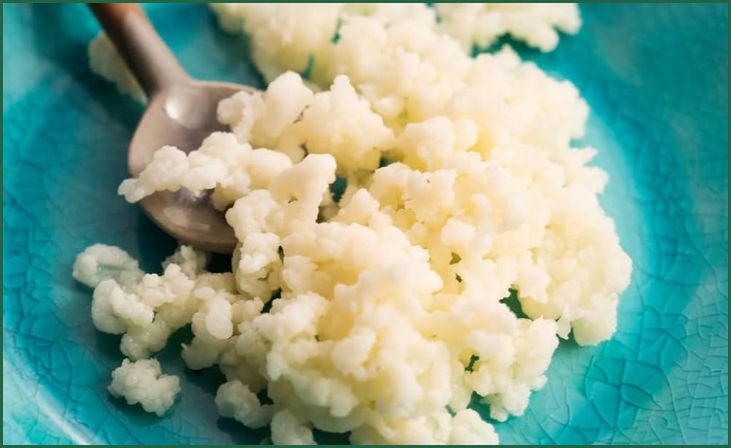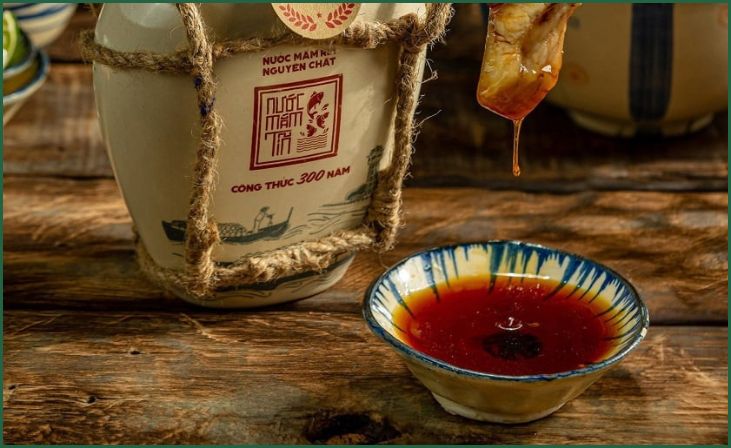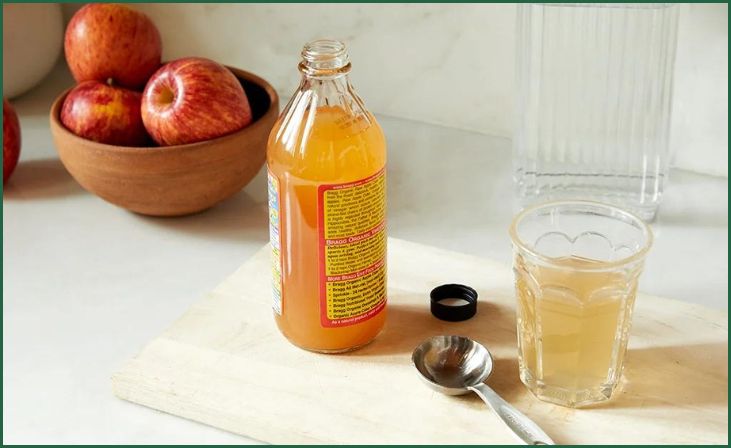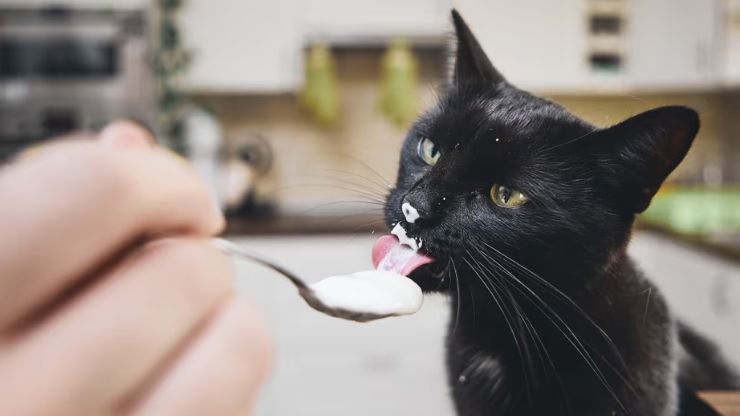Fermented Food For Dogs And Cats – The surge in popularity of fermented food among humans isn’t merely a passing trend; it’s a nutritional avenue that extends its benefits to our beloved pets. As we embark on this informative guide, we delve into the realm of fermented foods tailored for the discerning taste buds of dogs and cats, uncovering a myriad of advantages that can significantly enhance the well-being of our furry companions.
Fermented food, often associated with improved gut health and overall vitality in humans, mirrors these positive effects when incorporated into the diet of our pets. The process of fermentation involves the cultivation of beneficial bacteria, known as probiotics, transforming ordinary food into a powerhouse of nutrients that can work wonders for the digestive systems of dogs and cats alike.
Table of Contents
ToggleWhat Is Fermented Food?
Delving into the intricate world of fermented food unveils a fascinating process that extends beyond mere culinary curiosity. Understanding the fermentation process is pivotal in appreciating the transformative journey that ordinary foods undertake to become nutritional powerhouses for our pets.
At its core, fermentation is a metabolic process wherein microorganisms, typically bacteria, yeast, or molds, bring about a series of chemical changes in food substances. In the case of fermented foods, this process is harnessed deliberately to promote the growth of beneficial bacteria, also known as probiotics. These live microorganisms become the unsung heroes of your pet’s digestive system, ushering in a cascade of health benefits.
Also Read:- Pickling Versus Fermenting
Importance For Pets
Why is this process so crucial for our pets? The answer lies in the profound impact probiotics have on their digestive system. Much like in humans, pets also possess a delicate balance of microorganisms in their gut, and disruptions to this balance can lead to various health issues. Fermented foods act as a natural remedy, supplying an ample dose of probiotics to support a robust and flourishing community of beneficial bacteria in your pet’s digestive tract.
The significance of fermented food for pets extends beyond digestive health. Probiotics play a pivotal role in fortifying the immune system, acting as a line of defense against common illnesses. By enhancing the body’s ability to ward off infections and diseases, fermented foods contribute to a pet’s overall resilience and vitality.
10 Best Fermented Food For Dogs And Cats
Exploring the diverse array of fermented foods for your pets opens up a world of enticing flavors and nutritional benefits. The top 10 fermented foods recommended for dogs and cats are not only palatable but also pack a powerful punch of probiotics, elevating your pet’s diet to new heights of health and vitality.
Kefir

Starting our list with kefir, this fermented milk product stands as a veritable powerhouse of probiotics. Its smooth texture and tangy taste make it a firm favorite among pets. Beyond its delectable flavor, kefir contributes a robust dose of live cultures, promoting optimal digestive health for your furry companions.
Kimchi
Hailing from Korean culinary traditions, kimchi adds a flavorful punch to your pet’s meal. Crafted from fermented vegetables, this dish not only tantalizes their taste buds but also actively supports gut health. The combination of spices and fermentation benefits makes kimchi a delightful and health-conscious addition to your pet’s diet.
Sauerkraut
Rich in both vitamins and probiotics, sauerkraut introduces a crunchy and tangy treat to your pet’s culinary repertoire. The fermentation process not only enhances its taste but also ensures a profusion of beneficial microorganisms, contributing to the overall well-being of your furry friends.
Don't just scroll, subscribe!
BuzzTrail's unique web-stories are the cure for boredom you've been waiting for.
Yogurt
A timeless classic, yogurt is not just a delicious indulgence but also an excellent source of probiotics for dogs and cats. The creamy texture conceals a wealth of live cultures that aid in maintaining a healthy balance of microorganisms in their digestive systems.
Fish Sauce

For a savory twist and an extra dose of probiotics, consider incorporating small amounts of fish sauce into your pet’s meals. This unique addition not only adds flavor complexity but also introduces beneficial microorganisms that can positively impact their digestive health.
Pickles
Opting for low-sodium pickles offers a tasty and healthy addition to your pet’s diet. As with any treat, moderation is key. The controlled intake of pickles ensures a delightful snack while contributing to the diverse array of probiotics essential for their digestive well-being.
Miso
Venturing into Japanese culinary traditions, miso, made by fermenting soybeans, presents a unique flavor profile coupled with a rich source of beneficial bacteria. This seasoning not only elevates the taste of your pet’s meals but also promotes a healthy gut environment.
Tempeh
For pets with dietary restrictions, tempeh stands out as a valuable source of plant-based protein. The fermentation process not only enhances its nutritional value but also introduces probiotics that support digestive health, making it a suitable option for a well-rounded diet.
Natto
While the aroma of natto may be robust, its benefits for your pet’s digestive health are equally potent. This Japanese dish offers a concentrated source of probiotics, contributing to the overall balance of microorganisms in their digestive tracts.
Apple Cider Vinegar

Concluding our list is the versatile option of apple cider vinegar. Easily added to your pet’s water or food, it serves as a probiotic boost. Beyond its probiotic properties, apple cider vinegar boasts a range of health benefits, making it a valuable addition to your pet’s dietary regimen.
Also Read:- Purple Powerhouse Ferments
Conclusion
Embracing the practice of incorporating fermented food into your pet’s diet is a proactive and strategic measure that can significantly contribute to their overall health and well-being. This intentional choice goes beyond the realm of mere sustenance; it becomes a cornerstone of a comprehensive approach to pet nutrition, offering a spectrum of benefits that extend far beyond the immediate satisfaction of their taste buds.
The proactive nature of this dietary decision lies in its ability to fortify your pet’s digestive system with a diverse array of probiotics. These live microorganisms play a pivotal role in maintaining the delicate balance of bacteria in their gut, fostering an environment conducive to optimal digestion and nutrient absorption. By actively introducing these beneficial microbes, you’re essentially providing your pet with the tools they need to cultivate a robust and resilient digestive ecosystem.
FAQs
Is fermented food safe for all pets?
Is fermented food safe for all pets?
Yes, fermented food is generally safe for pets, but individual reactions may vary. Monitor your pet for any adverse effects.
Can I make fermented food at home?
Can I make fermented food at home?
Absolutely! Homemade fermented food allows you to control ingredients and quality. Ensure you follow proper fermentation techniques.

